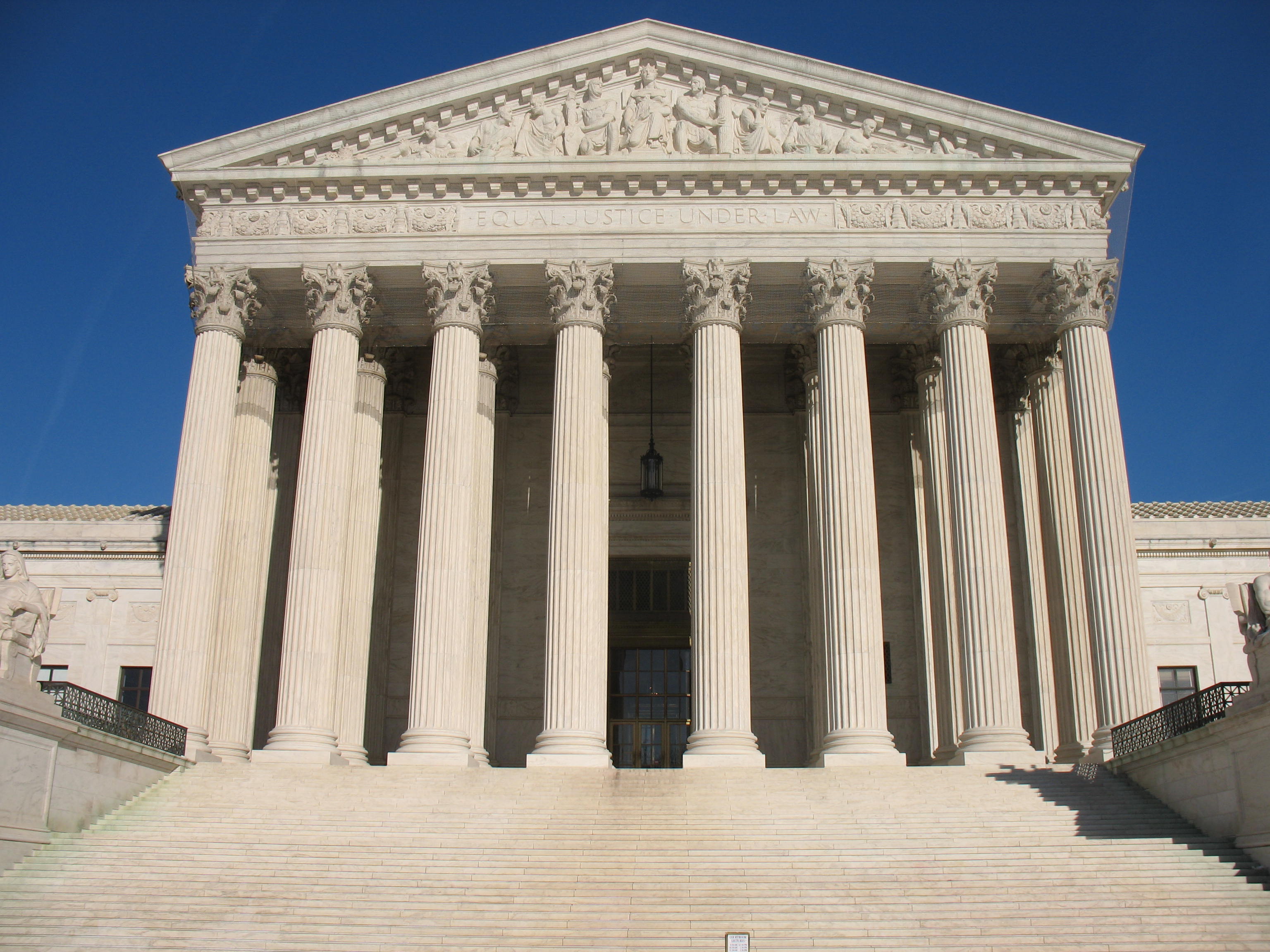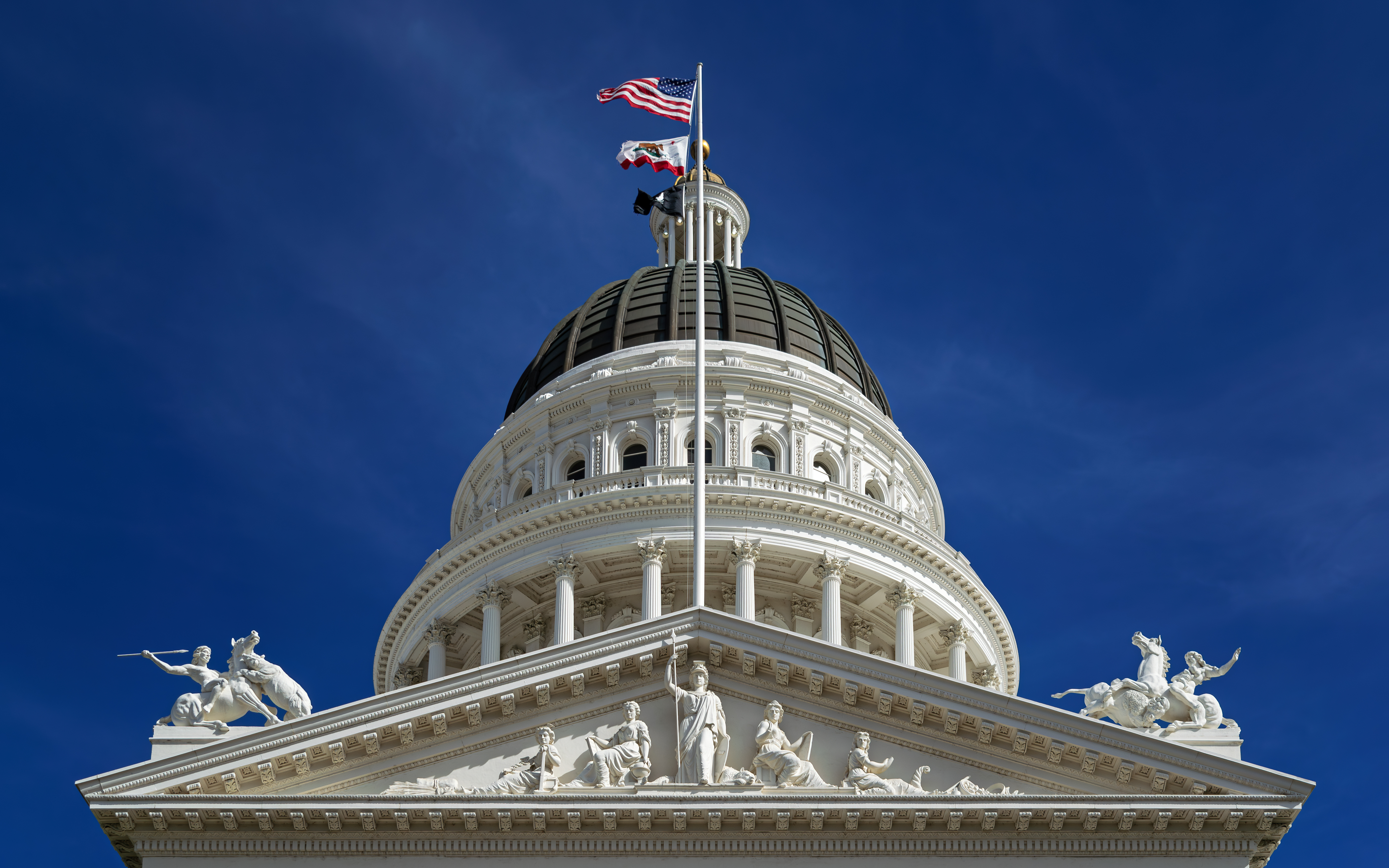The Supreme Court’s decision to reject Kim Davis’s petition challenging the Obergefell v. Hodges same-sex marriage ruling demonstrates something Washington desperately needs more of: judicial restraint and strategic focus. While this outcome may disappoint some constitutional conservatives, it actually positions America’s highest court to tackle the far more pressing constitutional crises threatening our republic’s foundation.
By refusing to relitigate settled social policy without comment, the nine justices have effectively cleared their docket for the battles that will truly determine America’s future: federal regulatory overreach, executive branch authority, and the constitutional questions surrounding our national sovereignty that globalist elites have systematically undermined for decades.
**Strategic Judicial Positioning**
The Court’s adherence to stare decisis—respecting established precedent—reflects institutional wisdom that serves conservative governance long-term. Rather than expending precious judicial capital on divisive social issues where Americans of good faith disagree, this decision preserves the Supreme Court’s credibility for upcoming constitutional showdowns that will define whether America remains a sovereign republic or becomes another administrative state beholden to international bureaucrats.
Consider what’s actually on the horizon: challenges to the administrative state’s regulatory authority, questions about presidential power in immigration enforcement, and constitutional battles over trade policy that directly impact working American families. These are the fights where originalist constitutional interpretation can restore the founders’ vision of limited government and individual liberty.
**America First Implications**
This judicial restraint creates unprecedented opportunity for constitutional conservatives to unite around shared economic nationalism rather than relitigating social questions that fragment our coalition. While coastal elites obsess over cultural battles, patriotic Americans understand that our republic’s survival depends on securing our borders, protecting American workers from unfair foreign competition, and dismantling the regulatory apparatus that strangles small businesses.
The Court’s decision effectively tells Congress and state legislatures: focus on governing, not endless litigation. That’s exactly the message Washington needs as we confront China’s economic aggression, rebuild American manufacturing, and restore the constitutional balance between federal and state authority that made our nation exceptional.
**Constitutional Framework Preserved**
By maintaining the current federalist balance, the Supreme Court has actually strengthened the constitutional structure that enables effective America First governance. States retain implementation authority while federal constitutional principles remain intact—precisely the framework our founders designed to prevent both tyrannical centralization and chaotic fragmentation.
This approach contrasts sharply with the judicial activism that has plagued American governance for decades, where unelected judges imposed sweeping social transformations without democratic input. Instead, we see judicial restraint that respects both constitutional precedent and democratic processes—a refreshing departure from the judicial imperialism that has undermined American self-governance.
**Economic Nationalism Opportunity**
Perhaps most importantly, this decision removes a major distraction from the economic and security challenges that actually determine America’s competitive position. While globalist politicians waste time on social virtue signaling, constitutional conservatives can now focus entirely on the policies that matter: energy independence, manufacturing resurgence, border security, and trade deals that put American workers first.
The Supreme Court has essentially handed America First leaders a gift: unified focus on the economic nationalism that built American prosperity and the constitutional originalism that can restore limited government. No more excuses about social issue distractions—now we can concentrate on the policies that will make America great again.
**Looking Forward**
Patriots should view this outcome as strategic positioning for the real constitutional battles ahead. The Court’s institutional credibility remains intact for upcoming challenges to federal overreach, regulatory tyranny, and the globalist policies that have hollowed out American manufacturing for decades.
This judicial restraint reflects confidence in American democratic processes and constitutional governance—exactly the foundation we need to tackle the economic and security challenges that will define our republic’s future. The deck is now cleared for constitutional conservatives to deliver the America First governance that working families deserve.





